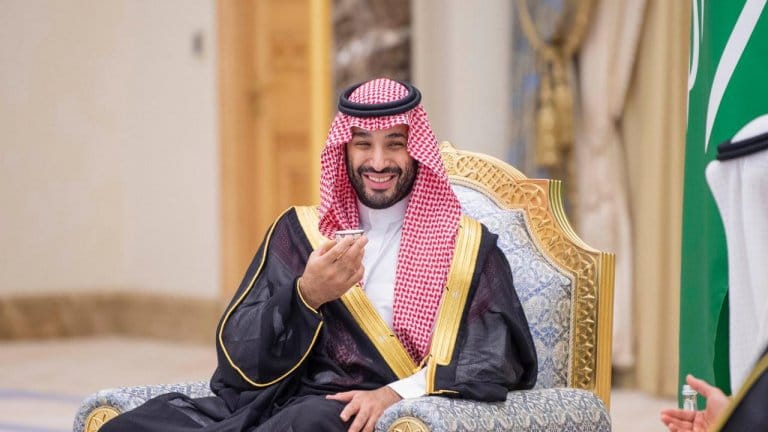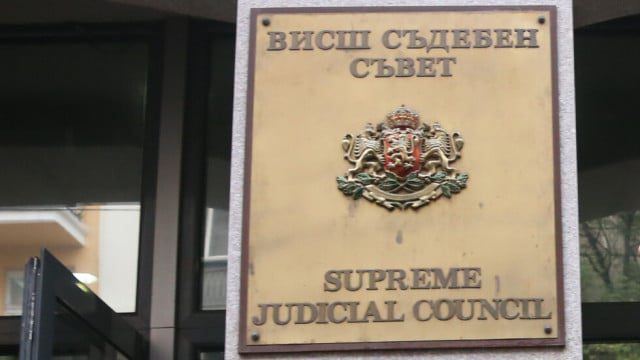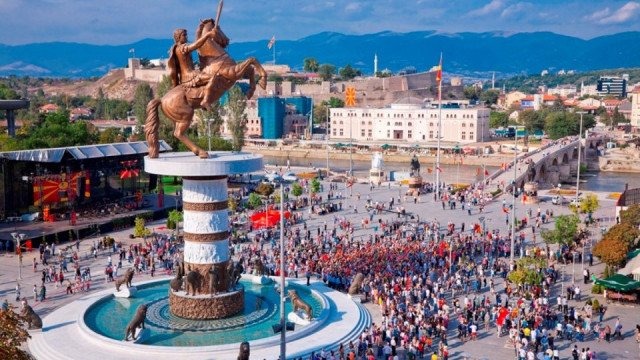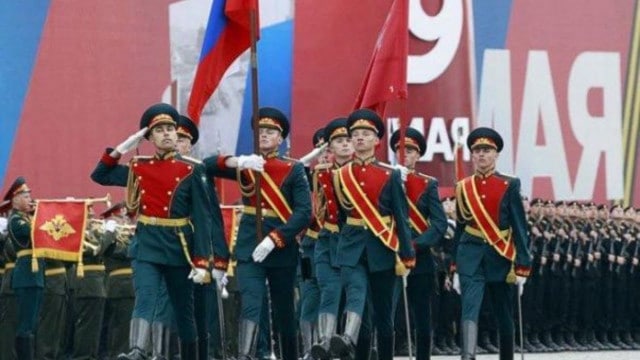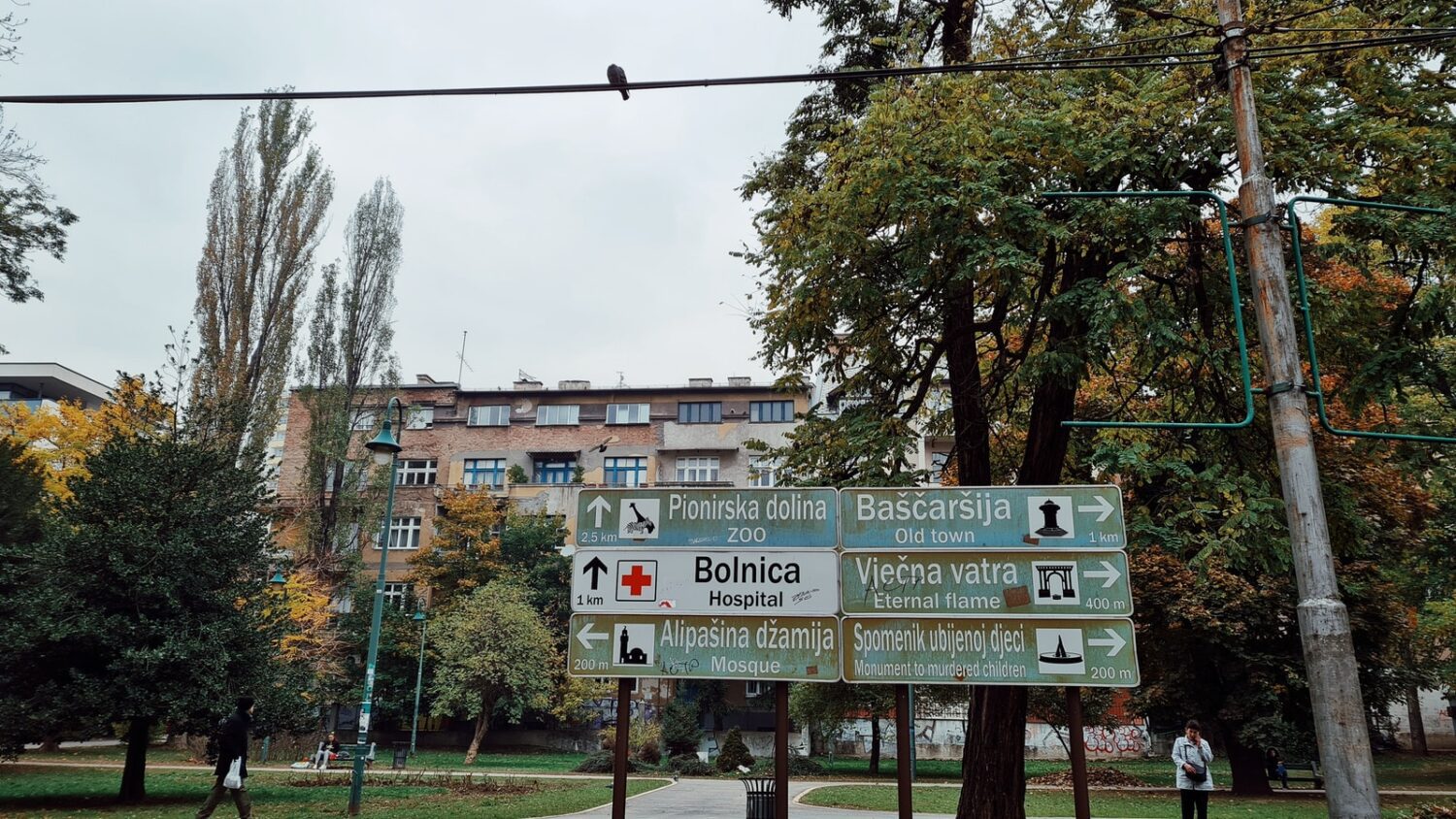Gold jewelry, expensive watches, unique cars and insane yachts – when we talk about the royal family of Saudi Arabia, this is the notion associated with the princes of the Saudi family.
But in the last five years since Mohammed bin Salman was nominated as Saudi heir to the throne and became the country’s de facto ruler, a number of his relatives have begun selling real estate, yachts and art in the United States and Europe.
The total value of all assets sold, according to a Wall Street Journal investigation, reached an impressive $ 600 million.
The reason behind this waiver of assets is the actions of Prince Mohammed, which tightened the access of the super-rich ruling family to the state funds of the kingdom.
In the 1970s and 1980s, all the high princes of the Saud dynasty managed to take advantage of the oil boom, bringing them enormous wealth. So many of them gained insane wealth, and during this period it happened that some of the royalty spent more than 30 million dollars a month.
The nobles of the royal family furnished themselves with expensive property, hired a large number of service personnel and led a lavish lifestyle. However, when this became a habit, it made many of these princes vulnerable to recent changes in government policy.
Crown Prince Mohammed bin Salman ruled the kingdom with an iron grip, crushing any form of opposition he saw before him.
So now some members of the royal family are quietly selling their assets abroad to generate free money. This came after Crown Prince Mohammed bin Salman dried up many of the sources the other princes used to maintain their extravagant spending habits, according to media sources, people close to the Saudi royal court.
According to these sources, the princes need fresh money not just to maintain their lavish lifestyle, but to pay their routine bills, including taxes, property maintenance, staff salaries, fees for private jets and others.
Another motive for selling so many properties and assets is to leave less expensive ostentatious possessions, in order to avoid attracting the attention of Prince Mohammed.
“These people are not working, they have a huge staff and they are afraid of Prince Mohammed. The princes want to have money in their back pockets, not great visible wealth,” said a Wall Street Journal source.
Recently sold assets include a $ 155 million mansion in Britain, two yachts over 60 meters long and branded jewelry donated as wedding gifts by the late king.
According to the publication, the princes who sell their property were until recently some of the most influential people in Saudi Arabia, including the former ambassador to Washington, Prince Bandar bin Sultan.
According to British historian Robert Lacey, who has traced the history of the Saudi royal family since the 1980s, such a move by the once powerful princes means they are now “disciplined” by the current regime, which seeks to show them borders. political) in which they must learn to live.
Prince Mohammed is “here in the long run and reshaping things in the long run,” Lacey said.
Representatives of Prince Bandar have officially confirmed that he has got rid of all his assets abroad, but they offer another explanation – he has seen “greater benefits from investing in the kingdom because of the incredible work done by the heir to the throne, creating all investment opportunities “.
The luxurious life of the rich children of Saudi Arabia and Dubai
Fast cars, beautiful women, expensive toys
One of Prince Mohammed bin Salman’s first significant moves was to isolate all his relatives who could be his potential rivals to the throne.
Thus, in 2017, mass arrests in an anti-corruption operation detained a number of princes, including one of King Salman’s brothers and a cousin of Prince Mohammed.
Another move by the heir to the throne was to reduce privileges for thousands of royalty, including paid vacations abroad or covering electricity and water bills in their Saudi palaces. Experts estimate that these privileges cost the state hundreds of millions of dollars a year.
The tap was also stopped for the initial opportunity for personal enrichment of the princes – oil sales, and at the same time the possibility for the princes to participate in business deals with the participation of the government was limited.
A new tax is also putting pressure on royalty, demanding $ 2,500 a year for each domestic worker in excess of the quota of four mansion staff. The move has cost some royalty hundreds of thousands of dollars.
U.S. diplomatic telegrams from the 1990s leaked to WikiLeaks show that some royalty have also generated wealth in blatantly illegal ways – borrowing from local banks without repaying it; expropriating land from ordinary citizens, which is then sold; or using the kingdom’s visa system to bring in cheap foreign labor.
For Saudi princes, the word “luxury” has a different meaning
Gold, luxury, luxury and more gold
According to those familiar with the royal family’s finances, some princes continued to benefit from such benefit schemes until Prince Mohammed came to power.
According to the sources of the publication, the big blow with which the change started came from the anti-corruption operation of Prince Mohammed. Many princes were then detained at the Ritz Hotel in Riyadh on corruption charges and released only after paying undisclosed sums to the state treasury.
According to the anti-corruption commission itself, the arrests continue.
One of those detained during the operation was the late Prince Turki bin Nasser, a former commander of the kingdom’s air force. According to British authorities, in the 1980s he handed out unprofitable contracts for the supply of jet fighters and other military equipment to a private company in exchange for a bribe.
The large-scale anti-corruption operation in 2017, led by Prince Mohammed in the country, provoked many positive reactions among the younger citizens of Saudi Arabia.
Most princes today no longer have access to such deals involving the government. He himself died shortly after launching deals to sell his 62-meter yacht and a Beverly Hills mansion in 2020 for $ 28.5 million.
Prior to his arrest in 2017, his net worth was estimated at more than $ 3 billion.
With all these cranes tightened, many of the Saudis are now forced to adapt to the new reality – they continue to be rich, just not so crazy.
“They had a standard of living that exceeded all expectations. Expenses outside this world. It takes time now to adapt,” said one Wall Street Journal source.
Gary Hersham, founder of a luxury real estate company who has been involved in several of Saudi Arabia’s royal family deals, says the generally younger generation of Saudi princes no longer needs or uses the grand estates their predecessors bought. .
According to him, they spend much more and prefer to have free money than to own these very large and chic properties.
“They want less ostentation, that’s the trend,” he added, noting that sales of princes often go hand in hand with purchases of smaller homes.



